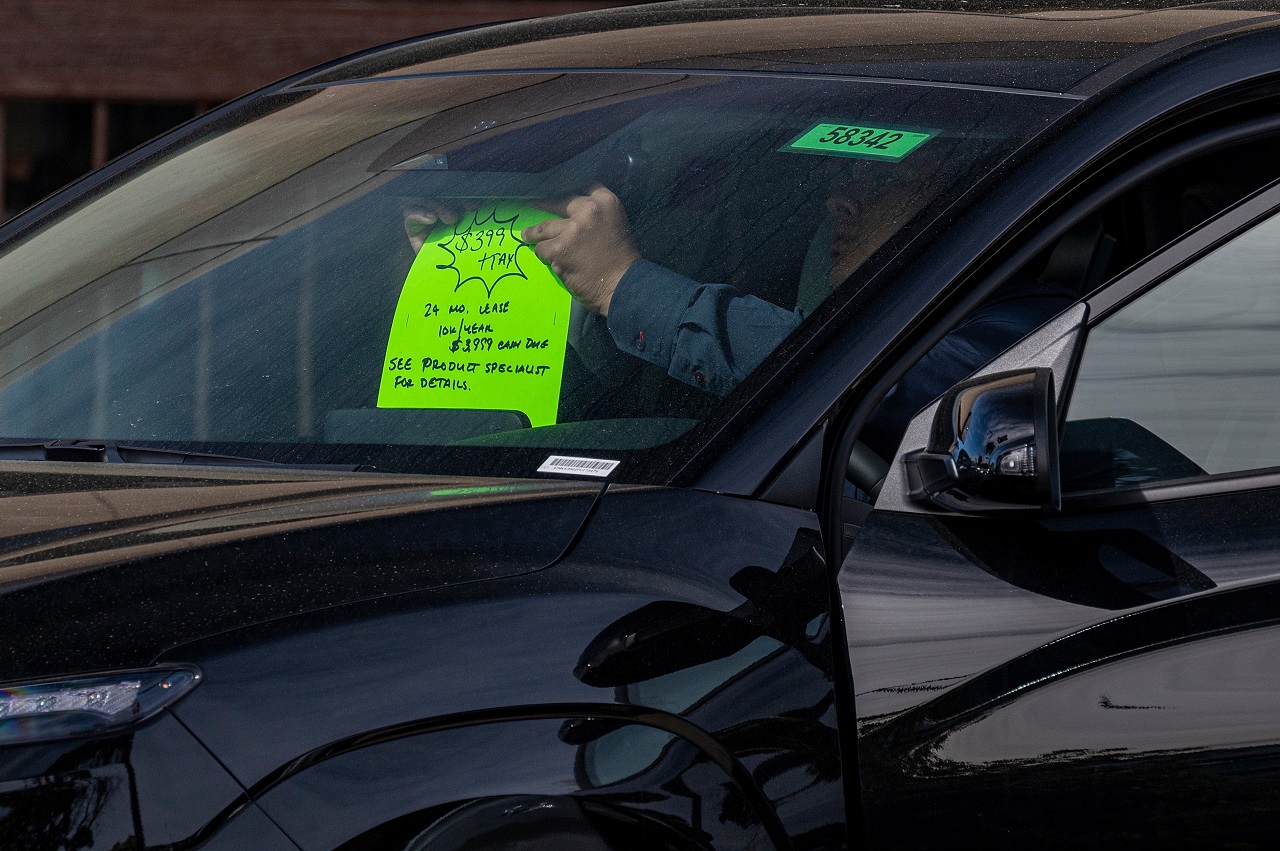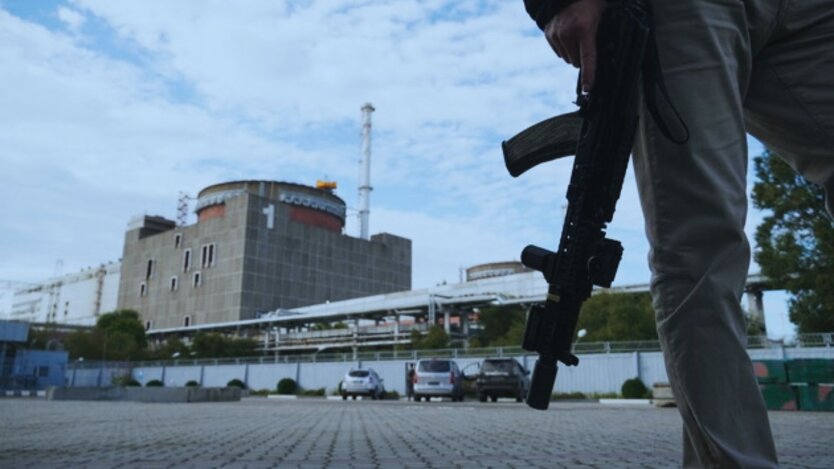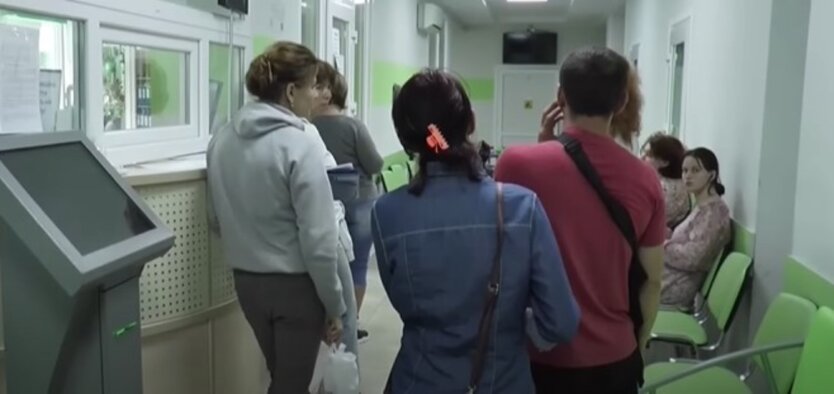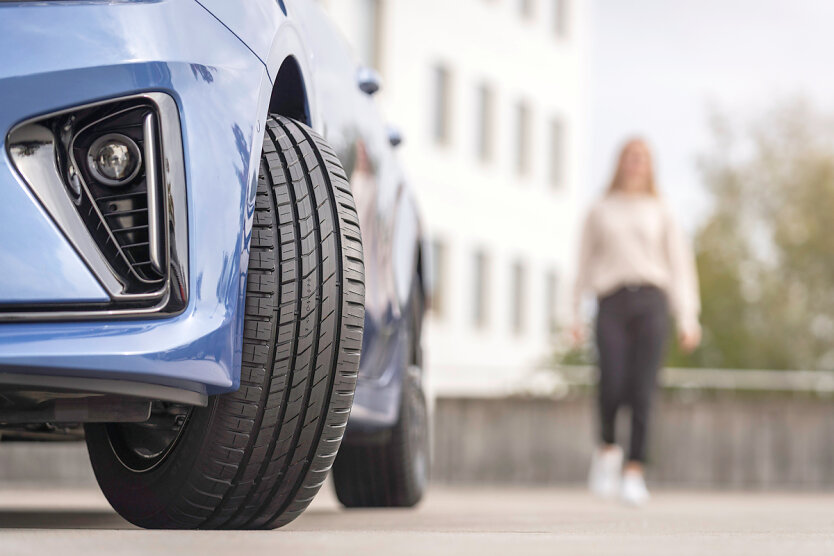Translated into Ukrainian and excessive details absent.
01.04.2025
2810

Journalist
Shostal Oleksandr
01.04.2025
2810

The automotive industry anticipates price increases due to tariffs that will take effect this week from President Donald Trump. The question consumers are interested in is how much prices for cars will rise?The answer is far from simple, according to Brian Moody, executive editor of Autotrader. Moody explained that the impact of tariffs on domestic and international auto markets is more complex than consumers may realize.First of all, just because the U.S. imposes tariffs on all imported cars does not mean that the price of cars made in the U.S. will remain unchanged while prices for foreign cars rise. Moreover, this will not lead to a uniform price increase across all segments of the market.'It makes no sense to say, this car was made in the U.S., no price change. This car was made abroad - price increase of $5,000. From a competitive analysis perspective, that’s just inappropriate,' Moody said.Trump, who sees tariffs as a way to generate tax revenue for proposed tax cuts and encourage domestic manufacturing, plans to impose a 25% tariff on all imported passenger cars. This includes sedans, SUVs, crossovers, minivans, vans, and light trucks. Key car parts such as engines, transmissions, suspension parts, and electrical components will also be affected, although 'there are procedures for extending tariffs to additional parts if needed.'Not only does Moody anticipate price increases, he expects it will negatively affect higher-end cars, with the price of luxury vehicles potentially rising even more. For instance, a car priced between $20,000 and $25,000 may not be able to withstand a significant price increase, while a car priced around $90,000 might.Deutsche Bank analyst Edison Yu estimated that consumers could see car prices rise by 5-10%, although this could decrease to a minimum if an exceptional deal is reached for the U.S.-Mexico-Canada Agreement, or increase if not.The administration stated that car importers falling under the U.S.-Mexico-Canada Agreement and able to confirm how many cars are made in the U.S. will receive exemptions. Systems will be implemented that would ensure the 25% tariff applies only to those parts of the car that were not manufactured in the U.S., the administration stated.'It’s unclear if this price increase of 5-10% will impact 100% of consumers,' Yu said. 'But the main assumption is that most consumers will be affected by the increase.'Yu acknowledged that this could be 'very painful in the near term.' However, like Moody, he believes that there will be imbalances and some brands will be affected much more. Hyundai, for instance, will be the most affected. All of this stems from their analysis broken down by type of transport and regions.Yu explained that there is not much margin in the supply chain and automakers will try in all possible ways not to absorb rising costs.However, with tariffs at a significant 25%, 'one can expect car prices to rise,' exacerbating issues in 'an industry that is already struggling with availability,' stated Jessica Caldwell, director of research at Edmunds.The average trade-in price for new cars was $47,373, while the average manufacturer’s suggested retail price for new cars was $49,350, according to Edmunds for February. The average trade-in price for used cars was $25,005.The administration stated that it is using tariffs on cars and auto parts to protect and strengthen the U.S. automotive sector.
Read also
- The situation at the Zaporizhzhia nuclear power plant is fragile: IAEA assesses reactor status
- Change the TCC online: will new opportunities appear in 'Reserve+'?
- EU prepares decision for 4 million Ukrainians: date named
- Ukrainians will begin mass checks from July 1: who will be affected and what threatens
- Car Repainting: Drivers Explained When Registration is Required
- Ukrainians will be able to sign a contract with the Armed Forces of Ukraine in 'Reserve+': when the function will be active










